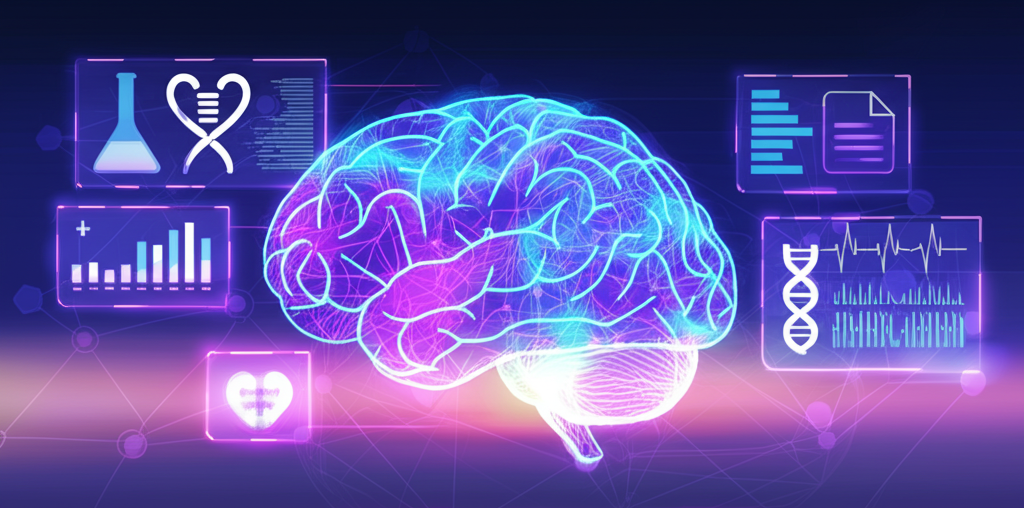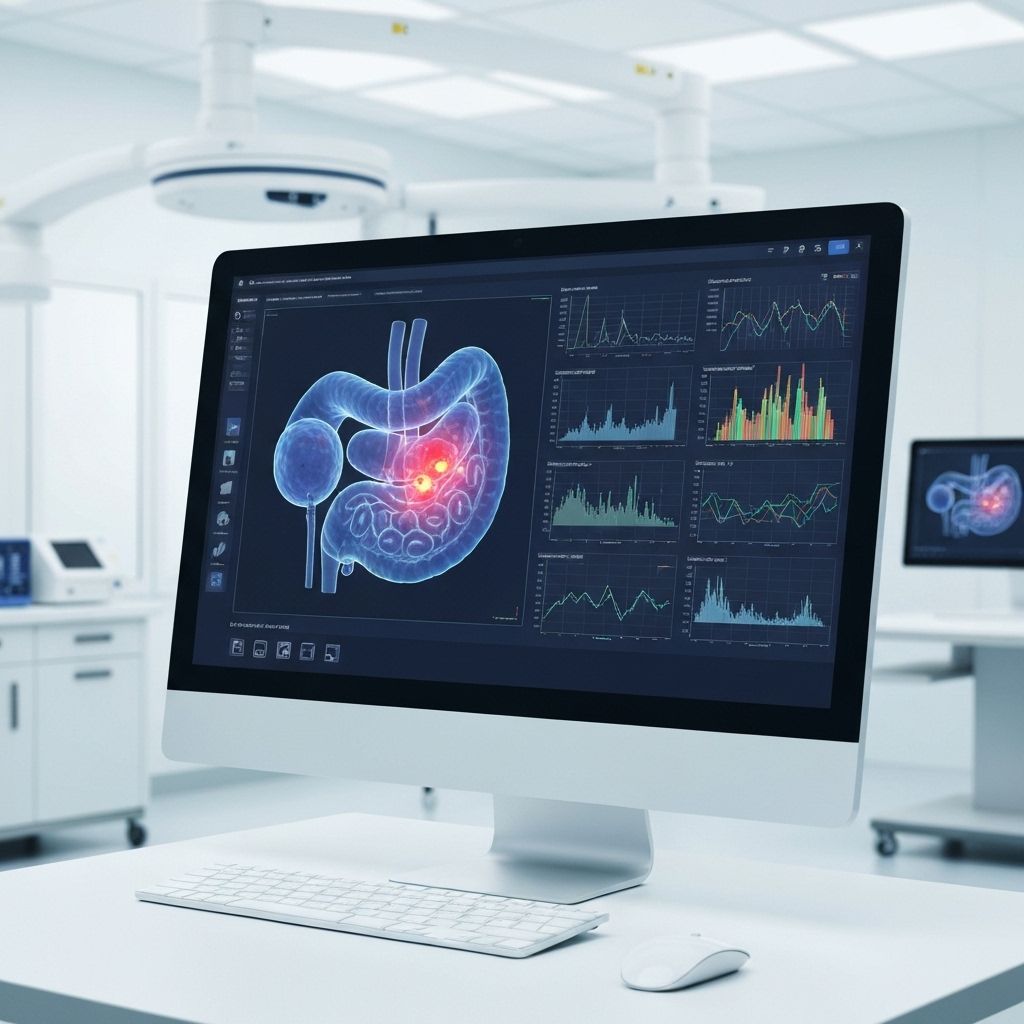The Future of Artificial Intelligence in Healthcare


Artificial Intelligence is revolutionizing healthcare in ways we could only imagine a decade ago. From diagnostic tools that can detect diseases earlier than human doctors to personalized treatment plans based on genetic data, AI is transforming every aspect of medical care.
Early Detection and Diagnosis
One of the most promising applications of AI in healthcare is in early detection and diagnosis. Machine learning algorithms can analyze medical images with remarkable accuracy, often spotting patterns that human eyes might miss. Studies have shown that AI systems can detect certain cancers, such as breast cancer and lung cancer, with accuracy rates comparable to or exceeding those of experienced radiologists.
Personalized Treatment Plans
AI is also enabling truly personalized medicine. By analyzing vast amounts of patient data, including genetic information, medical history, and lifestyle factors, AI systems can help doctors create treatment plans tailored to individual patients. This approach has shown particular promise in oncology, where AI can help identify which treatments are most likely to be effective for specific patients based on the genetic profile of their tumors.
Challenges and Ethical Considerations
However, the integration of AI into healthcare is not without challenges. Questions about data privacy, algorithmic bias, and the role of human judgment in medical decision-making must be carefully addressed. As we move forward, it's crucial that we develop AI systems that augment rather than replace human healthcare providers, ensuring that the human touch remains central to patient care.
The Road Ahead
Looking to the future, the potential of AI in healthcare seems boundless. From drug discovery to epidemic prediction, AI is opening new frontiers in medical science. As these technologies continue to evolve, they promise to make healthcare more effective, accessible, and personalized than ever before.
AI Bias in Medical Diagnosis: A Critical Concern
While AI shows promise in healthcare, we must address the serious issue of algorithmic bias that could lead to disparities in patient care...
The Economic Impact of AI in Healthcare Systems
Building on the technological advances discussed, let's examine how AI is reshaping healthcare economics and accessibility...
Patient Privacy in the Age of AI Medicine
The data requirements for AI healthcare raise important questions about patient privacy and data security...